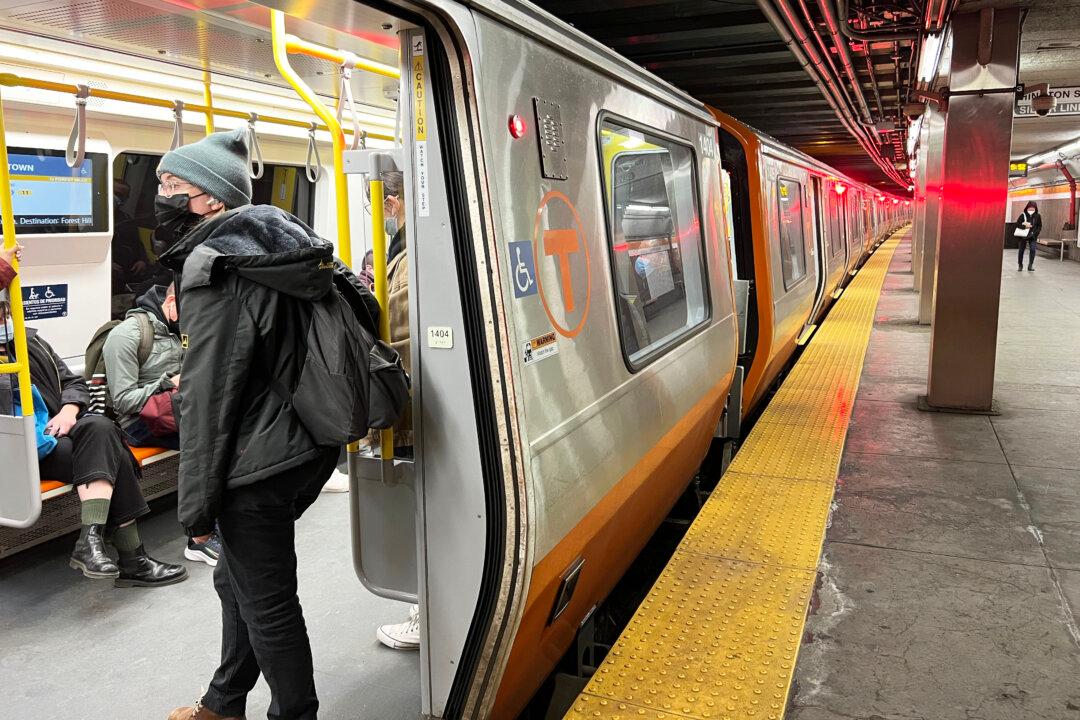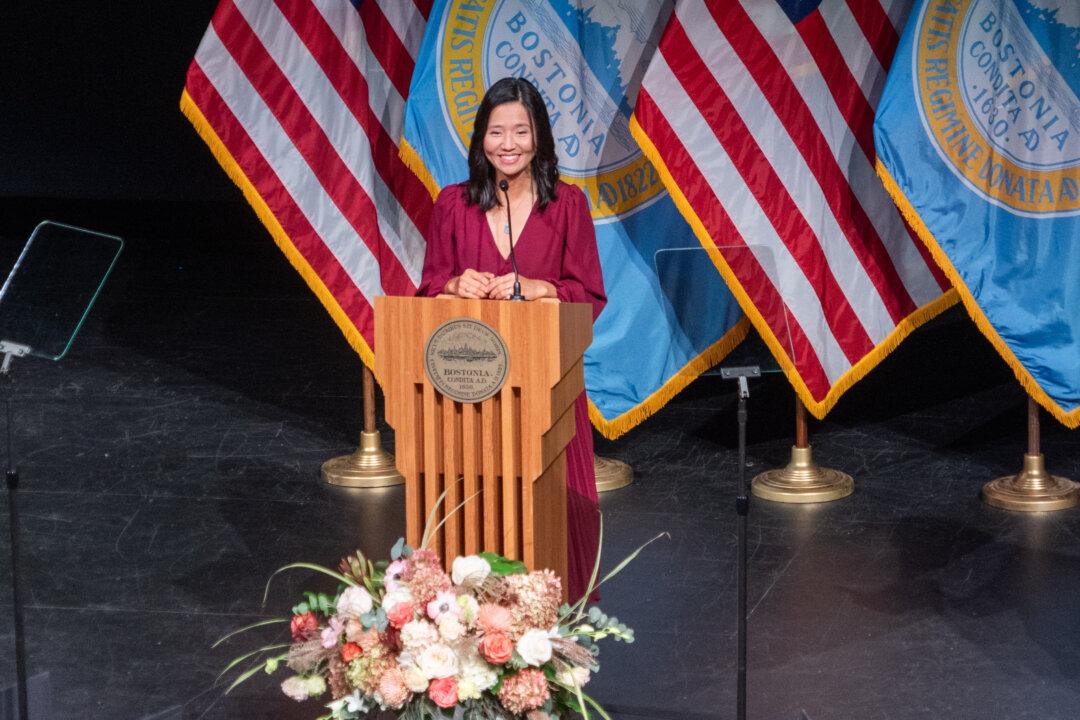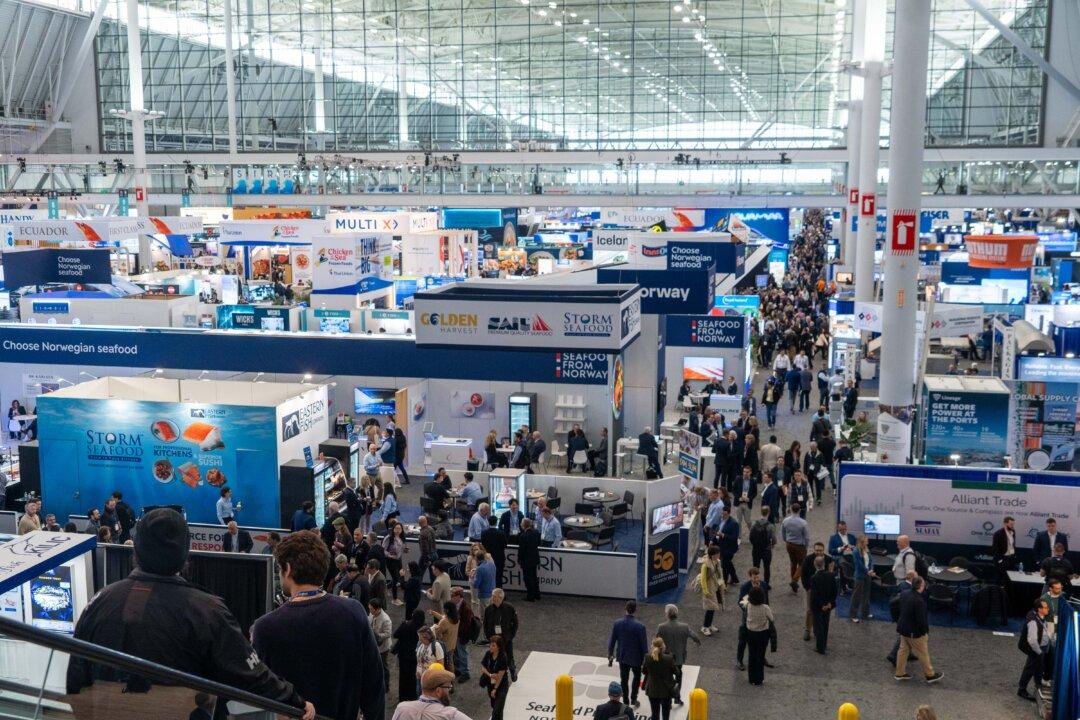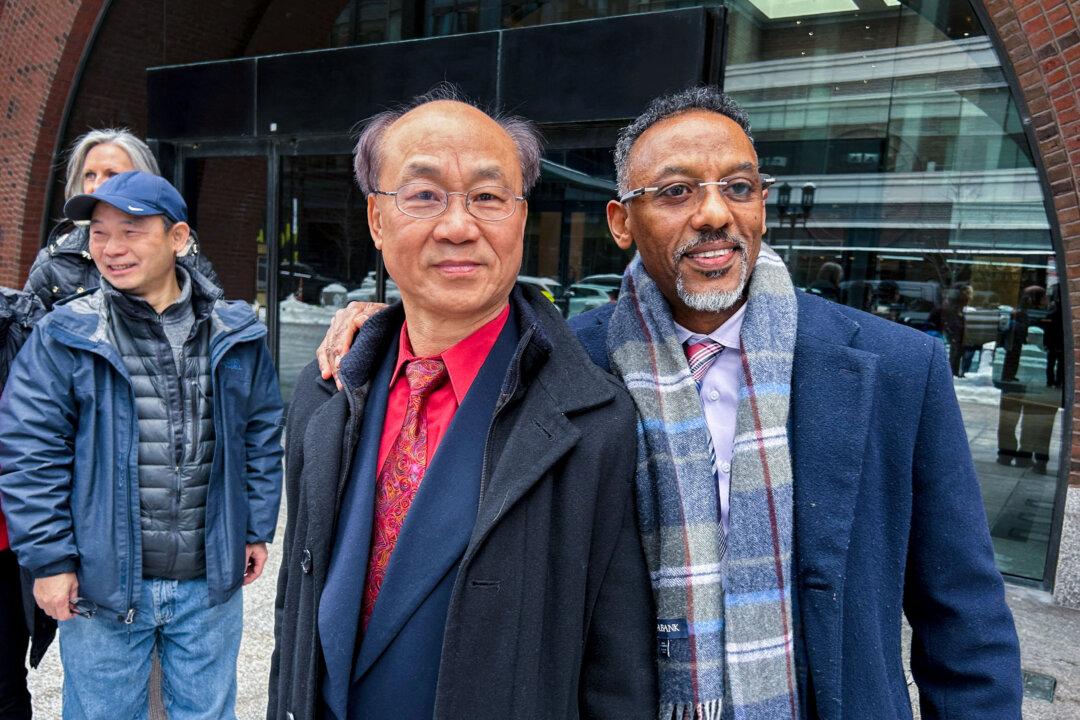The Massachusetts Rapid Transit Authority (MBTA) previously criticized China’s state-owned train manufacturer CRRC for producing subway cars of poor quality and repeatedly delaying deliveries. Now, the MBTA has not only dropped its contractual claims against CRRC but also intended to make an additional payment of up to $148 million to cover rising costs caused by the pandemic and supply chain problems.
Under the contract signed in 2014, CRRC’s facility in Springfield, Massachusetts, was to build 152 Orange Line subway cars and 252 Red Line cars for the MBTA.





